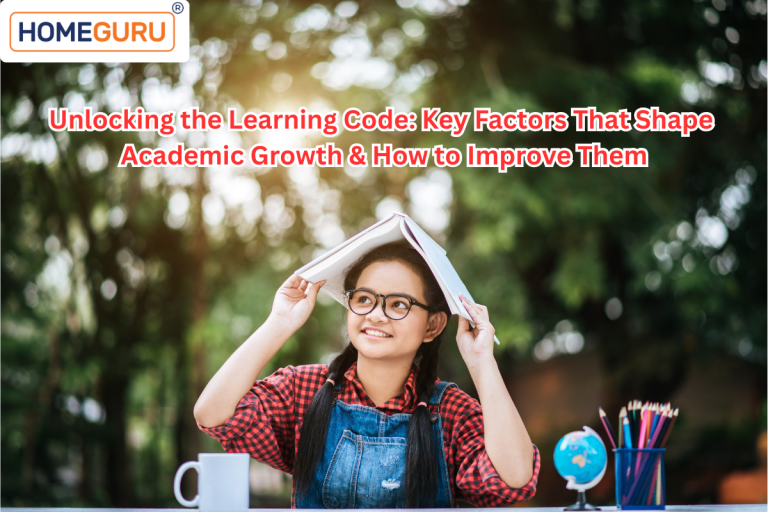The above-mentioned quote perfectly suits us because life always gives us lessons to make us strong and receive futile results in the end. But the most memorable lesson that is a part of our life is ‘school time.’ From classroom learning, morning assembly, surprise tests, to many hands in one tiffin box, sports period, and infinite giggles, school life is the most memorable time in the students’ lives.
School life before 2020 was conventional where students were involved in the traditional ways of learning, and mobiles, laptops, and tablets were a part of their extra-curricular activities. But after a sudden shift that took place in 2020, the whole narrative was reversed. The global Pandemic came like a bolt out of the blue and caused havoc in the education sector. It not only affected the students but parents, as well as the teachers, equally faced the consequences.
The shift was rapid, and if we look at the statistics, 95% of the learners across the nation were affected. The entire year was dedicated to a new norm; ‘online learning.’
WHAT HAPPENED IN THE ONLINE WORLD?
Though now e-learning has become a new norm, the last two years were of great surprise. From students adapting to the new way of learning to teachers learning about Zoom classes, this was a phase that bought a lot of confusion. At first, the students were attentive in their online lectures, but after some time, it became monotonous for them and the entire virtual window was on mute.
Struggles faced by the students:
- They became aggressive, frustrated, and abusive.
- Because of the lockdown, they were depressed.
- Poor academic growth.
- Less interest in co-curricular activities.
- Detachment from their parents as well as school.
- Consumed 24X7 with social media.
- Obesity and other health-related problems.
- Coping with the new norm mentally and emotionally.
Struggles faced by parents and teachers:
- They faced difficulty in balancing work and life.
- They grappled with learning online education.
- They faced problems in adapting to the new environment.
- They were confused about understanding the virtual classrooms.
- They were angry with students’ new behavior.
- They struggled with mental health issues.
What techniques did teachers implement in Online Learning:
- Mid-lecture attendance technique:
- Graphical illustrations:
- Fun Games:
- Live discussions: Teachers removed pre-recorded sessions from their schedules and introduced live discussions in the lectures to engage the students. It helped in creating a stress-free environment.
- Flipped technique:
When students began to mute their video and audio buttons, teachers thought of gaining their attention back by starting calling out the students’ names in the middle of the lecture, and whosoever didn’t respond back, they were marked absent.
Teachers implemented graphical illustrations and informative videos to make the lecture interesting. As technology has a lot to offer, they utilized it for a better way of learning.
Related to their course and syllabus, a fun game section was implemented to make the entire lecture fun and healthy. This helped in completing the syllabus on time and students’ interest was also noticed.
Teachers asked the students to study prior to the lecture so that they can be involved in the lecture by interacting with the teachers and sharing their ideas.
Benefits of Online Learning:
Though after a rapid shift and numerous ups and downs, there are many benefits of e-learning.
- Stay connected to the technology.
- Learn multiple new things at a time.
- Helps in exploring the outer world.
- Easily accessible and reduce delays.
- Helps in time management.
- Helps in gaining technical skills.
Conclusion:
Now, schools have re-opened and students are again facing a big shift. They might have retired to the schools but they are still living in their e-learning era. They are now smarter with newer perspectives and for them, the traditional method of learning is another thing in their lives. They need it but do not want anything from it. The shift from offline to online learning is still a work in progress.






